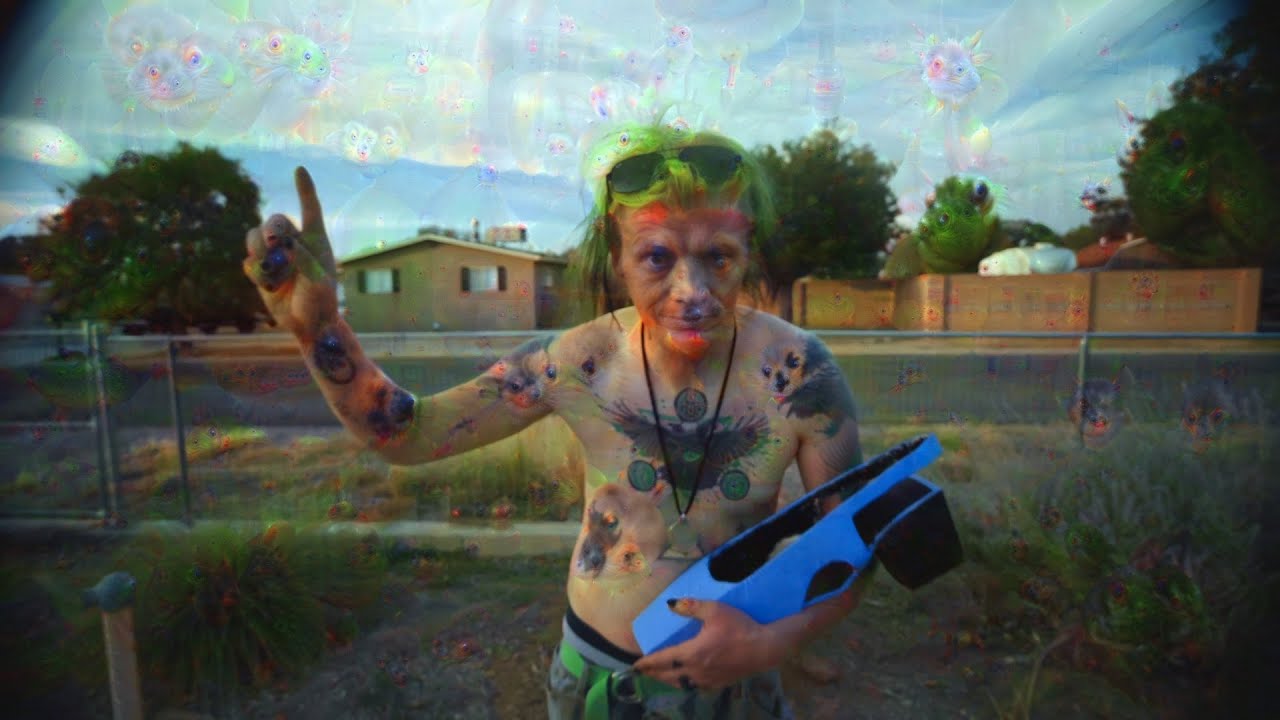You probably wouldn’t bet on Jenny Hval flirting with bossa nova. But her eighth full-length album and 4AD debut Classic Objects proves such sentiments wrong. Norwegian singer, songwriter, producer, and novelist made the most straightforward record to the date, full of colourful and warm sounds – as well as one of her finest pop tunes.‘American Coffee’ starts with a subtle organ chord and grows into groovy rock with soulful backing vocals. It follows the autobiographical transversal of images of her pregnant mother and hallucinations about nurses reciting French philosophy.
Hval started writing Classic Objects when the pandemic hit. Without being able to perform, the songwriter felt “naked”. “Is art nothing but a fancy, difficult construct I have dressed my naked self in, a construct that is not really necessary?” she asks herself in an accompanying statement. “Without the art, I was reduced to the problematic entity ‘just me’. I wondered what ‘just me’ could mean.” The isolation led Hval to questions about life as an artist, art’s purposes, and how tiny human experience fits there. “This made me want to write simple stories,” she continues. But “simple” needs to be taken with a pinch of salt.
Hval’s previous work was lauded as highly conceptual art-pop about gender, patriarchy and the radicalness of love, with spoken word, ASMR shivers, or noise resulting in delicate compositions. Each new record moves her from the avant-garde closer to more light-hearted pop. Albums often felt like essays with labyrinths of references, centred around Hval’s heroines such as filmmaker Valie Export on 2019’s Practice of Love, or writer Chris Kraus on 2016’s Blood Bitch. But with Classic Objects, she found the courage to be a heroine of her own auto-fictional stories.
In eight songs, she remixes her dreams and travels back and forth in memory: to times of her studies in Australia and forgotten places where her band played. On the album’s title track, ‘Classic Objects’ with bouncy Afro-Cuban percussions and lifting chimes, Hval remembers “a painter in my first studio” and confesses from her obsession with materials (so evident in Paradise Rot, a novel set-in brewery with paper-thin walls, and elsewhere). “She used to attach her own hair to her paintings,” Hval sings.
Eight-minute expansive ‘Jupiter’ is a wondrous psychedelic trip that starts with the obligatory stop at the Prada Marfa sculpture by Scandinavian duo Michael Elmgreen & Ingar Dragset in the Texas desert, a faux Prada store with nonfunctional front door which s described by the artists themselves as “pop architectural land art”. Marching rock slowly develops into a bass drone as the listener descends deeper in the desert. Hval goes full-Baudrillard here, as the song evokes the French philosopher’s fascination with the vast, empty deserts of travelogue America. On the other hand, when she puts out sloganeering, “I want to live in a democracy / Somewhere where art is free”, in ‘Freedom’, layered with soothing harp, it sounds a bit too cliché.
Bookworm and earworm are not mutually exclusive terms for Hval. She dances on Classic Objects between the personal and the political, the elevating and the plain, ordinary and profound meanings. It is what Welsh cultural theorist and socialist Raymond Williams meant in 1958 when he wrote, against elitist claims, that “culture is ordinary”: living, learning, and making art are inseparable. They can be natural and pleasant. With the new record, Hval proves she doesn’t need complicated constructs, and her observations of life are engaging enough. In that sense, Jenny Hval’s dazzling pop triumph is ordinary in the best possible way.



